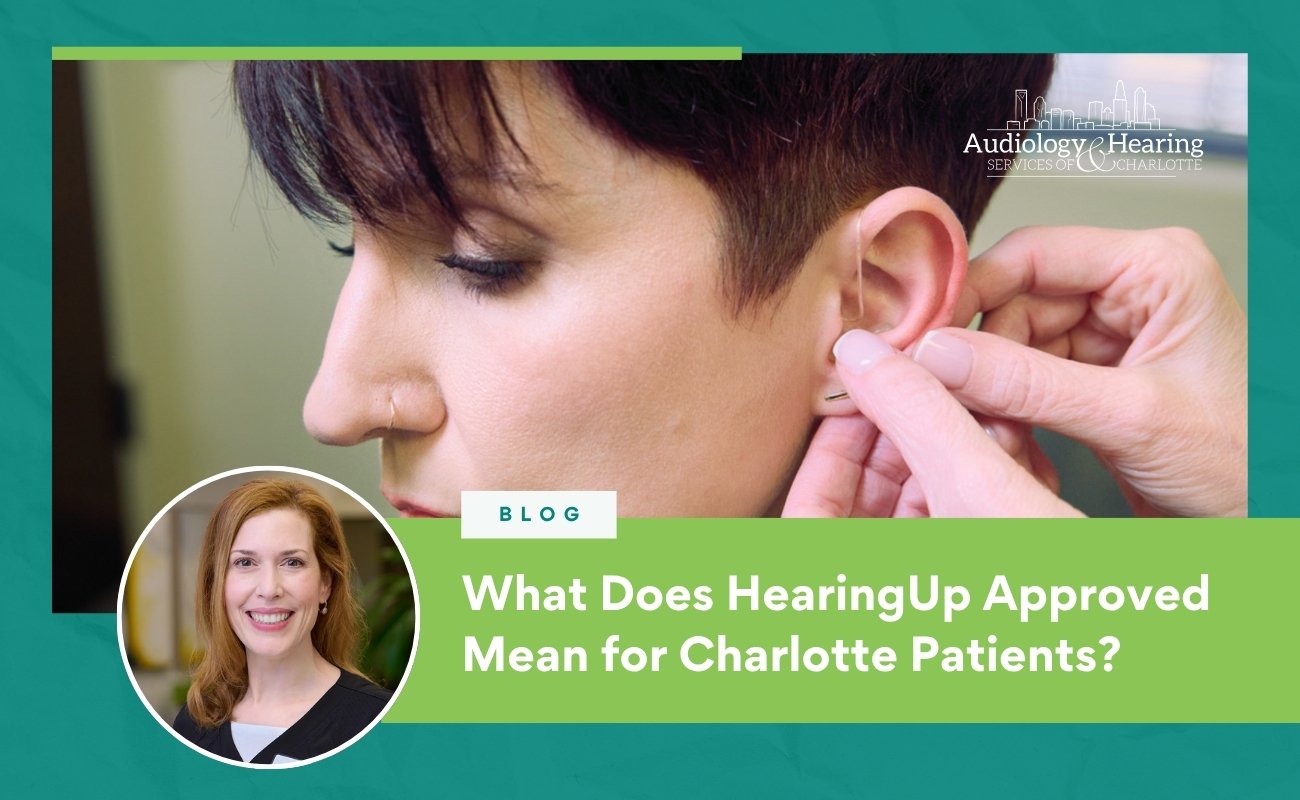
Back-to-School Struggles with Auditory Processing Disorder

Your son has returned to school, but you notice he’s struggling with certain assignments because he doesn’t remember what his teacher told him.
Or maybe your daughter’s teacher told you she fails to follow directions frequently and doesn’t seem to pay attention during conversations. In fact, she doesn’t seem to listen to spoken instructions at home, either. If your child has exhibited any of those symptoms, they may have auditory processing disorder (APD).
What is Auditory Processing Disorder?
APD is a hearing condition in which the ears and brain cannot coordinate sound perception correctly. Your child may hear noises, but there is an interference in their brain that prevents them from fully comprehending sounds, especially speech.The exact cause of APD is unknown, but it’s believed to be associated with head trauma, chronic ear infections, seizure disorders and lead poisoning.
Symptoms
APD is frequently misdiagnosed because it has symptoms similar to speech and developmental disorders, learning disabilities, attention-deficit/hyperactivity disorder (ADHD) and depression.
Signs of APD include:
- Trouble hearing sounds, particularly speech, in noisy environments
- Getting easily distracted by background noise
- An inability to process and follow instructions
- Trouble differentiating multiple sounds
- Struggling with spelling, phonics or verbal math problems
- Frequently asking others to repeat themselves
- Difficulty remembering spoken information
- Listening fatigue
How is APD Diagnosed?
An audiologist must diagnose APD, but evaluations aren’t usually conducted until a child is at least seven years old. Your son will undergo a series of listening tests that focus on:
- Language processing
- Binaural interaction
- His peripheral auditory system
- Temporal patterning
- Auditory closure
- Auditory figure-ground discrimination
- Dichotic listening
How You can Help Your Child
If your daughter has APD, pursuing an early diagnosis is the best way to ensure she gets the support she needs to be a successful student. She may require speech therapy to develop her language skills, occupational therapy to address sensory issues, and behavioral therapy to help her cope with depression or anxiety.Work with her to develop listening strategies to improve her chances of speech interpretation in the classroom and at home.
- Create a quiet environment where she can study.
- Reduce background noise as often as possible.
- Speak slowly and clearly, but don’t shout.
- Encourage your daughter to face people when speaking to them.
- Give instructions in short, concise sentences, and have your daughter repeat them back to you.
- Keep in contact with her teacher to help address any problems at school.
- Ask her teacher about seating her at the front of the classroom to assist with speech comprehension.
- Discuss visual aids, written assignments and computer-assisted programs that are designed for children with APD.
Contact Audiology & Hearing Services of Charlotte if you suspect your child has APD. We offer comprehensive testing and a multi-disciplinary approach to address your son or daughter’s unique needs. Call 704-412-7975 to schedule an appointment.

Melissa Karp is a board-certified audiologist with special expertise in tinnitus treatment, auditory processing disorder (APD) evaluation, hearing aid fitting and aural rehabilitation.

Related blog posts
Contact us
Get in Touch
Ready to start your journey to better hearing?



Charlotte, NC 28226



